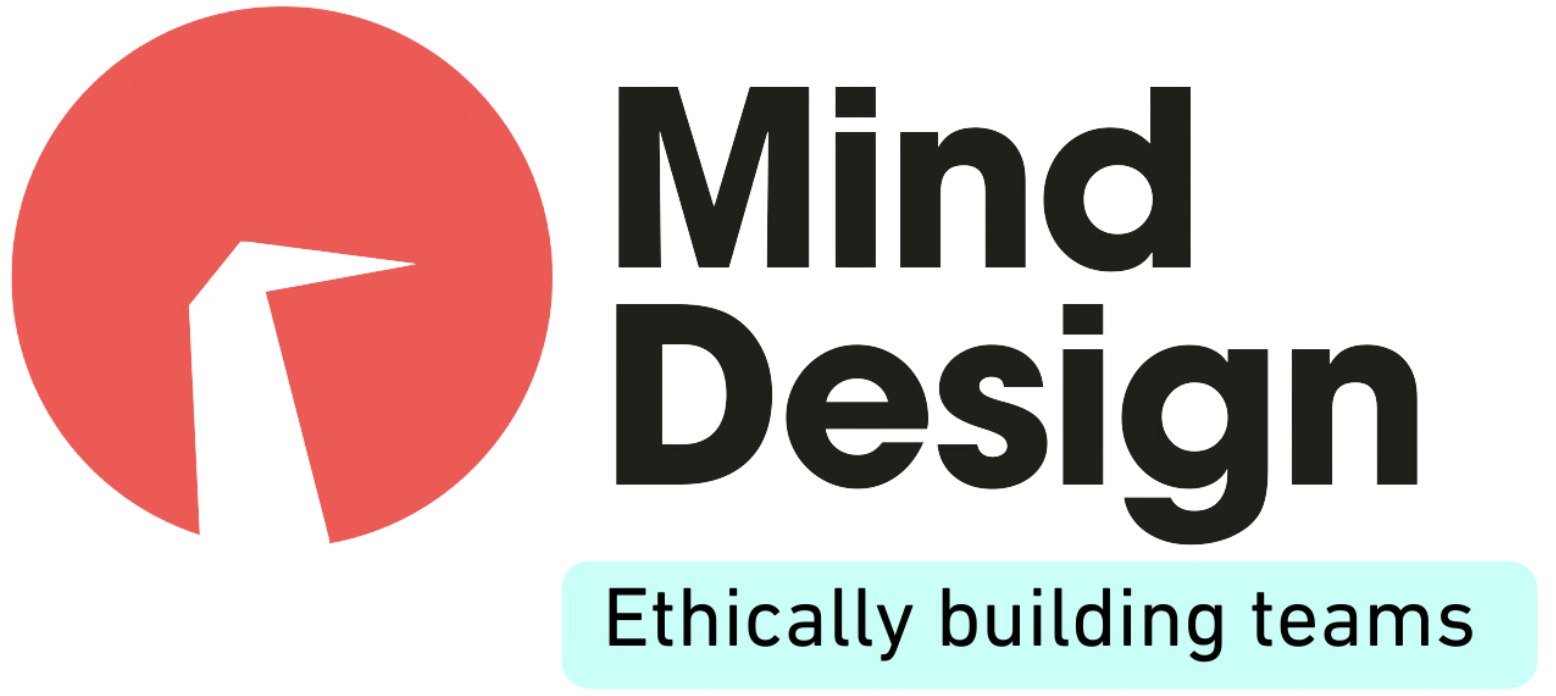The advancement of technology often outpaces regulatory development, leading users to question: to what extent do regulations hinder or foster technological advancement? In reality, there is a clear answer: regulations in a democratic society only strengthen technological development because they lead to the ethical use of technology.
In the modern world, only ethical markets attract major investors and gain widespread acceptance in society. Furthermore, conditions for fair competition are created, fostering the emergence of even more competitive startups. What regulations can we expect in the AI market in the near future? We discussed this with the Director of Ethics and Compliance at an AI startup Diana W.
In the modern world, only ethical markets attract major investors and gain widespread acceptance in society. Furthermore, conditions for fair competition are created, fostering the emergence of even more competitive startups. What regulations can we expect in the AI market in the near future? We discussed this with the Director of Ethics and Compliance at an AI startup Diana W.
Welcome. The AI Act in the EU has been a significant move. Could you share insights on its anticipated impact, perhaps in numbers?
Absolutely. The European Commission’s impact assessment for the AI Act suggests that compliance costs could significantly vary, potentially reaching millions for larger firms, akin to the GDPR's financial implications.
Although hypothetical, if we look at GDPR as a precedent, where fines can reach up to 4% of annual global turnover, it sets a stark financial incentive for compliance. For actual figures, one might refer to the European Commission's reports for detailed projections.
Although hypothetical, if we look at GDPR as a precedent, where fines can reach up to 4% of annual global turnover, it sets a stark financial incentive for compliance. For actual figures, one might refer to the European Commission's reports for detailed projections.
How do approaches to AI regulation vary globally, in terms of legislation count or focus areas?
Diverse indeed. For instance, China's approach, focusing on specific AI technologies, has resulted in a distinct legislative landscape. While exact numbers fluctuate, one could reference the Cyberspace Administration of China's publications for the latest count.
In contrast, the U.S. sees a more fragmented landscape, with states like California and New York pioneering their own regulations, totaling over a dozen in recent years focusing on various aspects of AI.
In contrast, the U.S. sees a more fragmented landscape, with states like California and New York pioneering their own regulations, totaling over a dozen in recent years focusing on various aspects of AI.
With international efforts towards a unified AI governance framework, are there metrics to gauge collaboration effectiveness?
The Bletchley Declaration's adoption by over 30 countries signifies a strong initial consensus. Measuring effectiveness could involve analyzing the integration rate of these principles into national laws post-adoption. Future reports from participating governments could provide quantifiable insights into this collaborative endeavor's success.
Looking forward, what data points should we monitor to assess the effectiveness of AI regulations?
Key metrics would include the frequency and nature of AI-related incidents, both pre and post-regulation. Additionally, monitoring the growth trajectory of AI startups and investment trends can offer insights into the regulatory environment's impact on innovation.
Publicly available industry reports and regulatory bodies' annual reviews would be instrumental in providing these data points.
Publicly available industry reports and regulatory bodies' annual reviews would be instrumental in providing these data points.
In conclusion, how do you envision the evolution of AI regulation shaping up, from a data perspective?
The evolution of AI regulation will likely be marked by an increasing reliance on data-driven assessments. This involves continuous monitoring of AI's societal impacts, technological advancements, and regulatory compliance trends.
Governmental and independent research publications will be invaluable in offering the empirical evidence needed to steer future regulatory adjustments.
Governmental and independent research publications will be invaluable in offering the empirical evidence needed to steer future regulatory adjustments.

